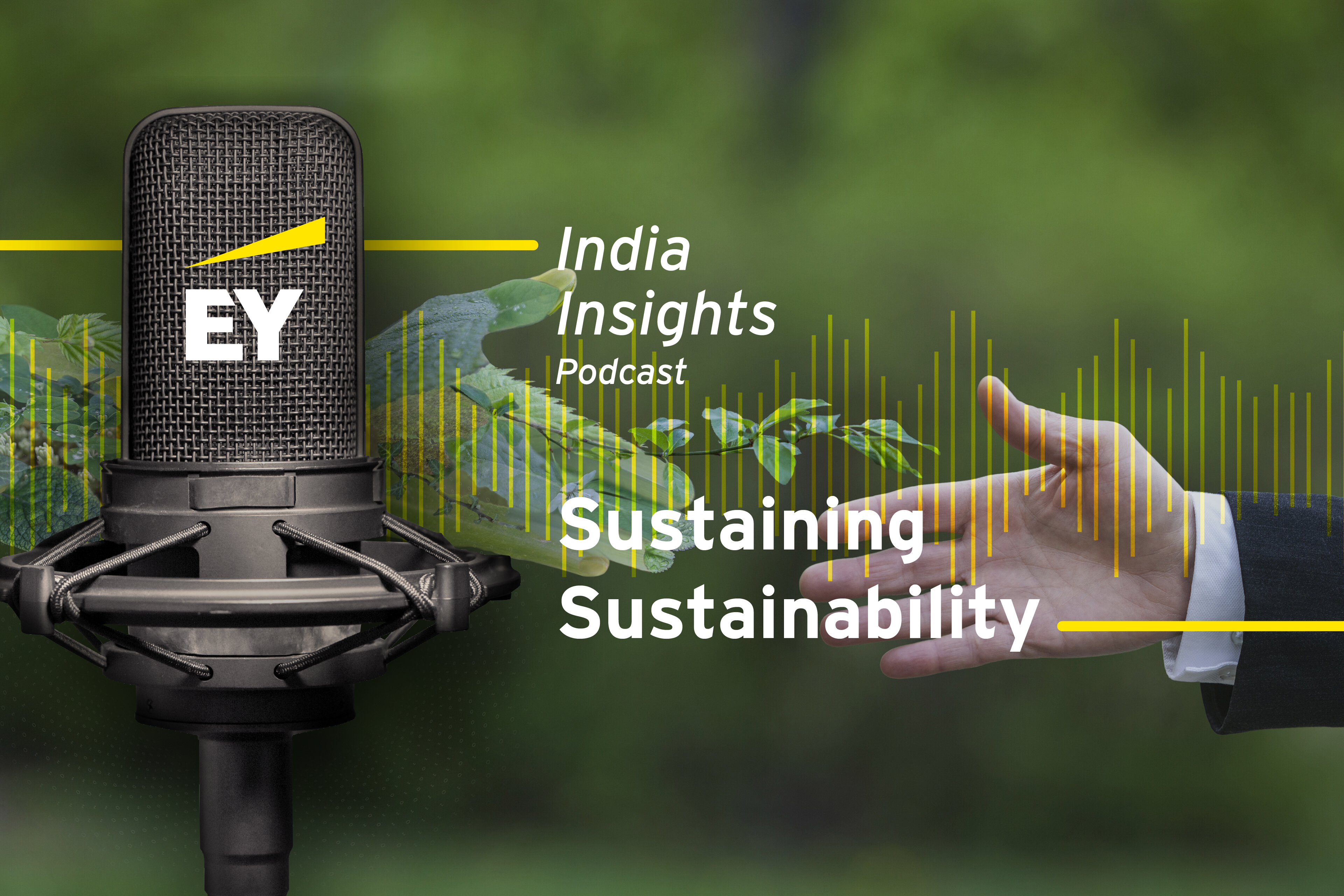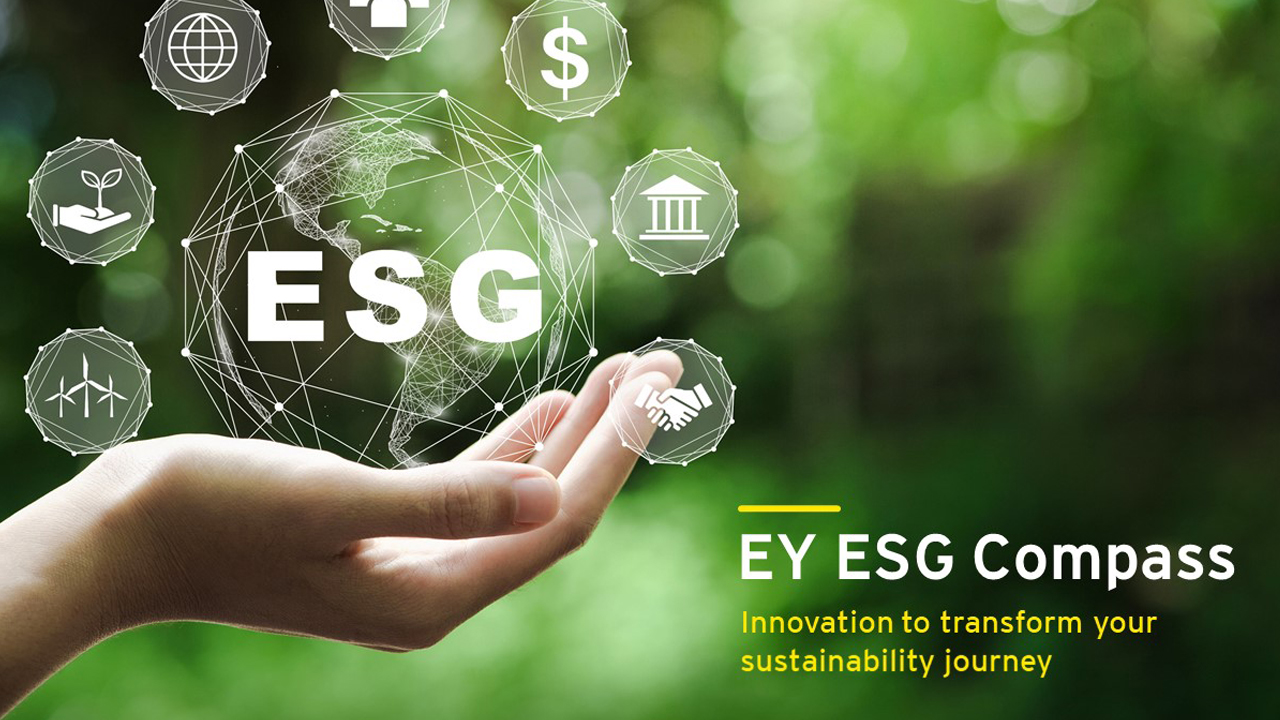Looking ahead, GCCs are envisioned to support organizational goals through foundational ESG reporting, creating ESG data hubs, establishing or amending process workflows for data capture, and developing a technology ecosystem for real-time ESG reporting. By assuming these roles, GCCs will be positioned as global drivers of corporate sustainability agendas.
Centralized ESG functions, such as those in an ESG COE, offer numerous benefits. These include centralized regulatory compliance, integration of siloed activities, ensuring data consistency and integrity, and effective program governance.
The integration of ESG into GCC profiles can be illustrated through several use cases, one of which is the ESG reporting tower. This tower serves as a centralized hub for capturing, analyzing, and visualizing ESG data. Additionally, there are also opportunities to utilize technology for emissions computation, supplier ESG performance analysis, climate risk profiling that aligns with Task Force on Climate-related Financial Disclosures (TCFD) recommendations, conducting Life Cycle Assessments, and preparing for assurance readiness.
While there have been improvements, there are still obstacles that GCCs in India must overcome. The nascent nature of ESG functions in comparison to more mature processes handled by GCCs poses a unique challenge. The complexity is further compounded by the fact that there is currently no comprehensive enterprise-level software solution available for managing ESG across all dimensions. Additionally, there is also a significant skills gap in the ESG domain, which must be bridged to unlock the capabilities of GCCs in this space.
In conclusion, as organizations globally amplify their focus on ESG factors, the role of GCCs emerges as pivotal. To truly capitalize on their potential as ESG Centers of Excellence, GCCs must leverage their skills and technological capabilities. The journey ahead involves overcoming challenges, including the nascent nature of ESG functions and addressing the skills gap. As GCCs navigate these challenges, they have the opportunity to reshape global sustainability narratives and contribute significantly to the ESG evolution.




